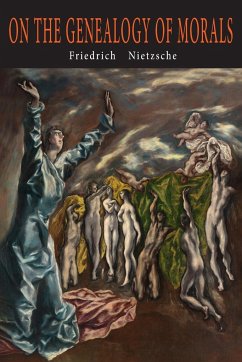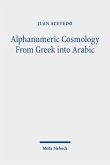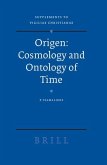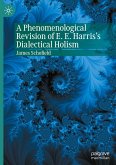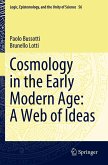2022 Reprint of the 1910 edition. Exact facsimile of the original edition and not reproduced with Optical Recognition. Published shortly after his death, the Ethics is undoubtedly Spinoza's greatest work - an elegant, fully cohesive cosmology derived from first principles, providing a coherent picture of reality, and a guide to the meaning of an ethical life. Spinoza is one of the most important philosophers-and certainly the most radical-of the early modern period. His thought combines a commitment to a number of Cartesian metaphysical and epistemological principles with elements from ancient Stoicism, Hobbes, and medieval Jewish rationalism into a nonetheless highly original system. His extremely naturalistic views on God, the world, the human being, and knowledge serve to ground a moral philosophy centered on the control of the passions leading to virtue and happiness. They also lay the foundations for a strongly democratic political thought and a deep critique of the pretensions of Scripture and sectarian religion. Of all the philosophers of the seventeenth century, Spinoza is among the most relevant today. Following a logical step-by-step format, it defines in turn the nature of God, the mind, the emotions, human bondage to the emotions, and the power of understanding - moving from a consideration of the eternal, to speculate upon humanity's place in the natural order, the nature of freedom and the path to attainable happiness. A powerful work of elegant simplicity, the Ethics is a brilliantly insightful consideration of the possibility of redemption through intense thought and philosophical reflection. The Ethics is presented in the standard translation of the work by Andrew Boyle and with an introduction by George Santayana. Contents: I. Concerning God: A. Definitions; B. Axioms 1-8; C. Propositions. -- II. Concerning the nature and origin of the mind: A. Definitions; B. Axioms 1-5; C. Propositions. -- III. Concerning the origin and nature of the emotions: A. Definitions; B. Postulates 1, 2; C. Propositions; D. Definitions of the emotions; E. General definition of the emotions. -- IV. On human servitude, or the strength of the emotions: A. Definitions; B. Axiom; C. Propositions. -- V. Concerning the power of the intellect or human freedom: A. Axioms 1, 2 B. Propositions ; C. Treatise on the correction of the understanding.



